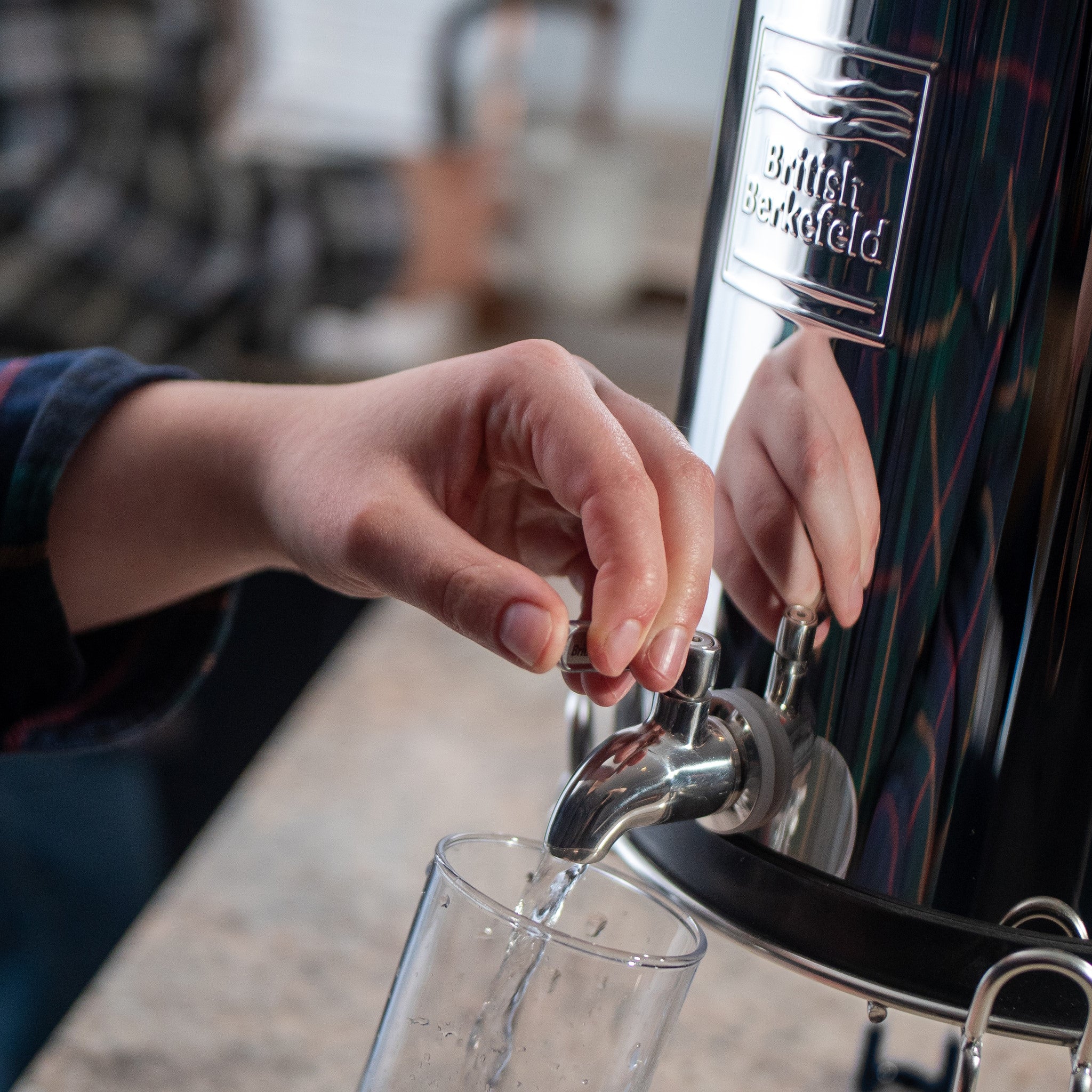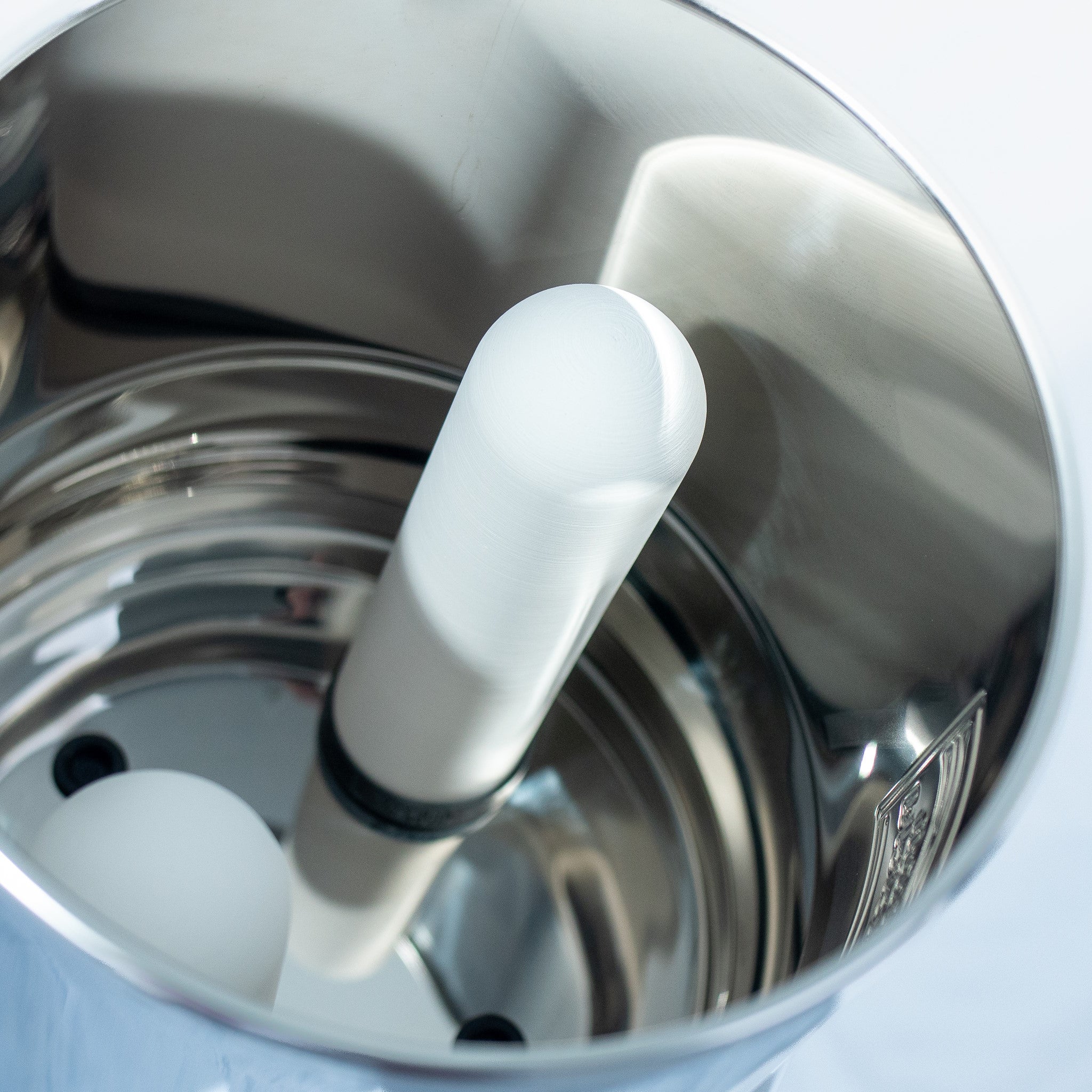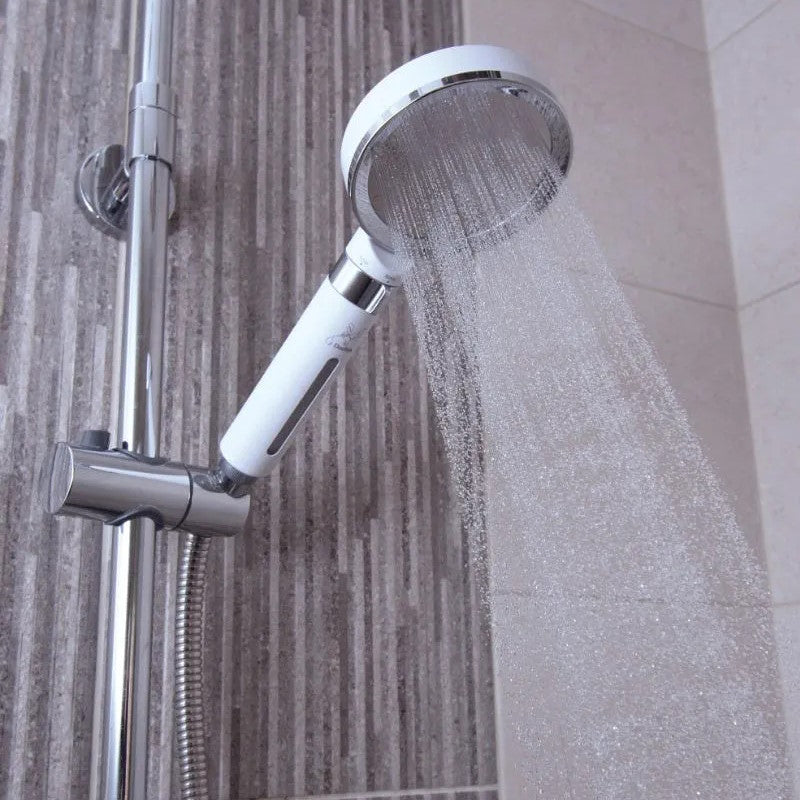Saving money
In a world where convenience often trumps sustainability, plastic bottled water has become a staple in many households and offices. However, this convenience comes at a significant cost, not just to the environment, but also to our wallets. By choosing not to purchase bottled water, individuals can reap substantial financial benefits.
On average, a bottle of water costs about £1.50, which may not seem like much. However, for someone who consumes a bottle daily, the annual expense is around £550. In contrast, tap water costs mere 1 pence per litre. If we consider the average consumption of 58 litres per person per year, the annual cost of drinking tap water is less than a pound coin. If we extrapolate
these savings over five years, the amount saved could be in the thousands. This money could be redirected towards savings, investments, or even paying off debts, contributing significantly to one's financial health.
A more economical and environmentally friendly alternative is using water filters and reusable bottles. The initial investment in a good quality water filter and a durable bottle can range from £30 to £100 but can last for years. Compared to the annual cost of bottled water, the savings are evident within just a few months.
The decision to stop buying plastic bottled water is not only environmentally responsible but also financially prudent. The savings realised from this simple lifestyle change can be substantial, particularly when calculated over several years.
Start by investing in a reusable water bottle and a water filter. Track your expenditure on bottled water for a month and then compare it with your spending after switching to the alternative. The results might just convince you to make the switch permanent.










